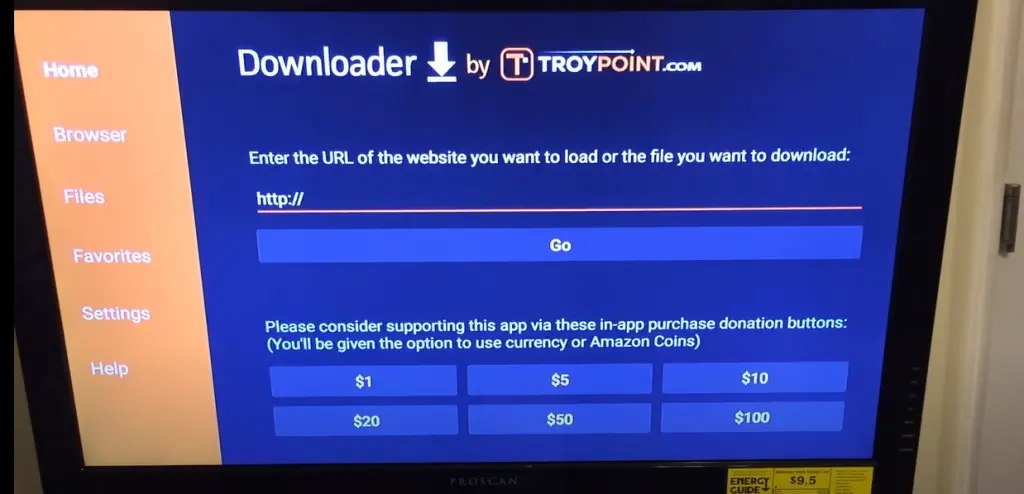How to Make An IPTV Server
Internet Protocol Television (IPTV) has become an increasingly popular way for people to access television programming and other kinds of content. An IPTV server is a backend system that manages the delivery of content to viewers over the internet. Creating your own IPTV server can be a great way to provide this kind of content to others, whether as a personal project, for business purposes, or simply as a fun hobby. Here are some steps to help you get started.
Step One: Choose Your Hardware
The first step in setting up an IPTV server is to choose the right hardware. The specific requirements will depend on the size and complexity of your server, but in general, you will need a computer or server that is powerful enough to efficiently handle data traffic and process multimedia content. At a minimum, you will want a computer with a fast processor, ample memory, and plenty of storage space. You may also need additional hardware such as network adapters and a TV tuner card.
Step Two: Choose Your Software
Once you have chosen your hardware, the next step is to choose the right software to run your IPTV server. There are many different options available, ranging from free and open-source software to more commercial offerings. Some of the most popular choices include Kodi, NextPVR, and TVheadend. Each of these software options has its own pros and cons, so it’s important to do your research and choose the right one for your needs.
Step Three: Set Up Your Server
Once you have chosen your hardware and software, the next step is to set up your server. This will involve installing the chosen software package on your computer or server, configuring your network settings, and setting up any necessary databases and other backend systems. Depending on your chosen software, there may be detailed instructions available online to help guide you through this process.
Step Four: Configure Your Channels and Content
Once your server is up and running, the next step is to configure your channels and content. This will involve choosing which TV channels or other content you want to provide, and configuring your backend systems to deliver that content to your viewers. Whether you are using a free or commercial software package, there should be detailed guides available to help you with this process.
Step Five: Test and Tweak Your Server
Finally, once your IPTV server is up and running, you should test it out thoroughly to make sure everything is working as it should be. This may involve testing out different channels, testing different devices to access the content, and making tweaks to your server settings as needed to optimize performance. Over time, you may also want to explore other ways to expand and improve your IPTV server, such as adding new channels, incorporating social media features, or implementing new monetization strategies.
Conclusion
Creating an IPTV server can be a fun and rewarding project for anyone interested in multimedia content or internet technology. By following these steps, you can get started on setting up your own IPTV server, and start providing high-quality content to viewers around the world. Whether you want to create a personal project or build a business around your server, there are endless possibilities for customization and expansion, making an IPTV server an exciting and dynamic project for anyone with the right technical skills and creativity.
Get your subscription today: iptvuk.uk






